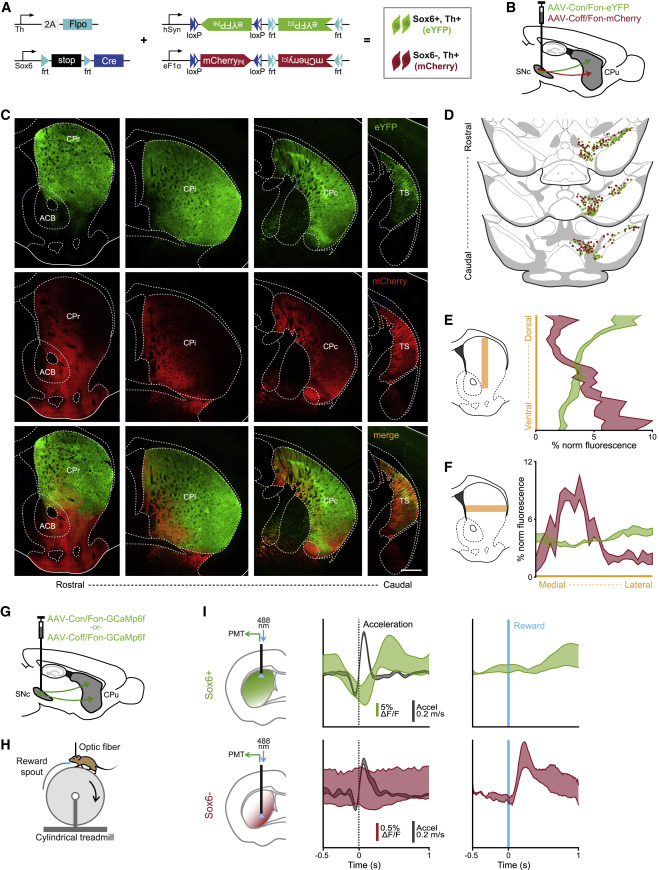Our Anti-SOX6 polyclonal in Parkinson's Disease Study
Article: "Sox6 expression distinguishes dorsally and ventrally biased dopamine neurons in the substantia nigra with distinctive properties and embryonic origins"
Parkinson's disease is a neurodegenerative disorder that affects movement. It occurs due to low levels of dopamine in the area of the brain that facilitates movement (substantia nigra, pars compacta). Without sufficient dopamine, the brain is unable to transmit signals to correctly coordinate movement.
Featured in this study is our Anti-SOX6 (HPA001923) TripleA Polyclonal antibody used in multiplexed IHC-IF.
Parkinson's disease (PD) is associated with a loss of dopaminergic neurons in the substantia nigra (pars compacta, SNc). The progressive loss of their synapses and axons leads to the depletion of dopamine neurotransmission.

This study highlights a population of neurons in the SNc expressing SOX6(+) and ALDH1A1(+), which become vulnerable in PD.
👉 The results show that human post-mortem PD brains have a smaller population of SOX6(+) and ALDH1A1(+) neurons in the human ventral SNc, whereas a dorsal population of Sox6(−) neurons expressing Calb1 and Vglut2 genes is resilient to neurodegeneration.
🔬The study features our Anti-SOX6 (HPA001923) polyclonal antibody used in multiplexed IHC-IF.
Read full article here.
👉 Find out more about our Anti-SOX6 (HPA001923) polyclonal antibody.
